Fast charging is a feature that helps the phone charge the battery quickly in a short time. Fast charging technology is the process of using high power to help the battery capacity be pushed in faster in a short period of time.
After nearly full charge, the current will gradually decrease to normal level thanks to the ability of the chip pre-installed in the charger and on the phone.
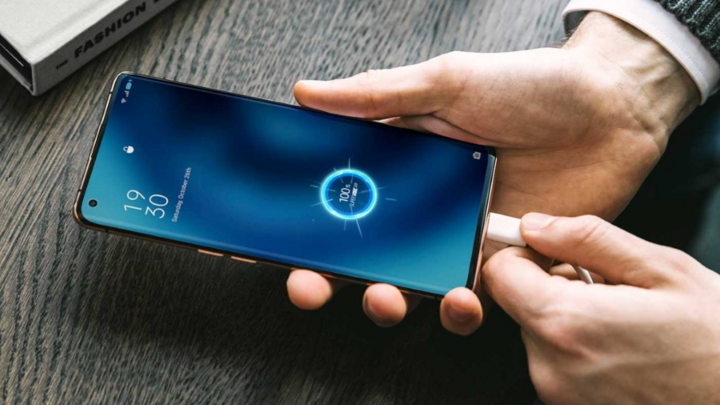
Does fast charging damage phone batteries quickly? (Illustration)
Does fast charging damage phone batteries?
Many people have misunderstood fast charging technology, they think that fast charging affects battery life, causing the battery to quickly deteriorate. In fact, that is not true, fast charging does not harm the battery or have a negative effect on the battery.
The characteristic of fast charging technology is that most of the mobile phone battery products today use Li-ion and Li-Po batteries (quite a few). Because the technology on phone batteries is difficult to improve, developers have researched and found methods for users to use their phones longer. The fast charging feature has also developed from there.
Fast charging technology on Android phones
Fast charging will go in two directions: One is to increase the current, the other is to increase the voltage. To ensure safety when using, new techniques and technologies focus on balancing both of these factors for charging time and heat dissipation.
Therefore, fast charging is usually fast at 60% battery, after that the time to fully charge the phone will gradually slow down, avoiding the situation where both the charger and the phone's temperature suddenly increases.
The main fast charging technologies today include:
Qualcomm Quick Charge Technology
This is a technology that allows the voltage parameters of the charger to be affected and adjusted. The parameters will depend on the battery capacity of the device. The operating mechanism of this fast charging technology is thanks to the chip integrated in the device and the charger. When the battery capacity is low, it will adjust and allow a large amount of voltage to be charged and then it will gradually slow down and stabilize.
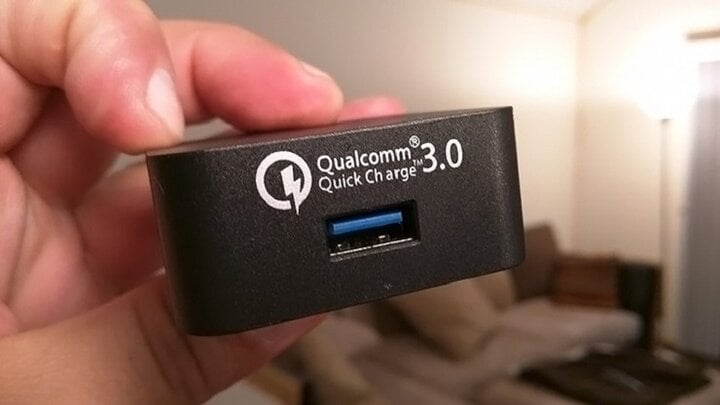
Samsung Adaptive Fast Charging (AFC) fast charging technology
If you are a Samsung fan, you are probably familiar with Adaptive Fast Charging technology. This is a technology that Samsung bought the copyright from Qualcomm to use on devices that do not use SnapDragon chips, so it is essentially similar to Quick Charge technology.
Fast charging technology of OPPO and OnePlus
This is a charging technology that provides a larger current to increase charging capacity thanks to the chip integrated in both the device and the charger. The charger is the part that receives a larger temperature to minimize the impact of heat on the device and battery.
Some notes when using fast charging
There are many reasons why battery life is reduced, but the main reason is due to high temperatures. When using the phone for a long time, the phone often gets hot. This is advanced technology, very convenient every day, but you should not overuse fast charging.
Whether the battery is used effectively or not, the battery life is good or not, largely depends on the user's usage. Below are some notes when using fast phone charging, including:
- Reduce screen brightness to a sufficient level; turn off wifi and bluetooth when not in use; close applications when not in use, because background applications consume battery very quickly.
- Control and turn off when not using GPS and map applications; use the charger that comes with the device, minimize the use of unsafe chargers.
- Charge immediately after the device shows low battery; do not use it while charging because it is very dangerous; do not leave the phone in a state of low battery for a long time; do not overcharge or in places with unstable power sources.
- Do not charge your phone overnight or when it is 100% full.
The above article has answered the question "Does fast charging damage the phone battery quickly?" as well as information about fast charging technology on Android phones, hopefully the article is useful to you.
Khanh Son (Synthesis)
Source



![[Photo] Looking back at the impressive moments of the Vietnamese rescue team in Myanmar](https://vstatic.vietnam.vn/vietnam/resource/IMAGE/2025/4/11/5623ca902a934e19b604c718265249d0)


![[Photo] "Beauties" participate in the parade rehearsal at Bien Hoa airport](https://vstatic.vietnam.vn/vietnam/resource/IMAGE/2025/4/11/155502af3384431e918de0e2e585d13a)

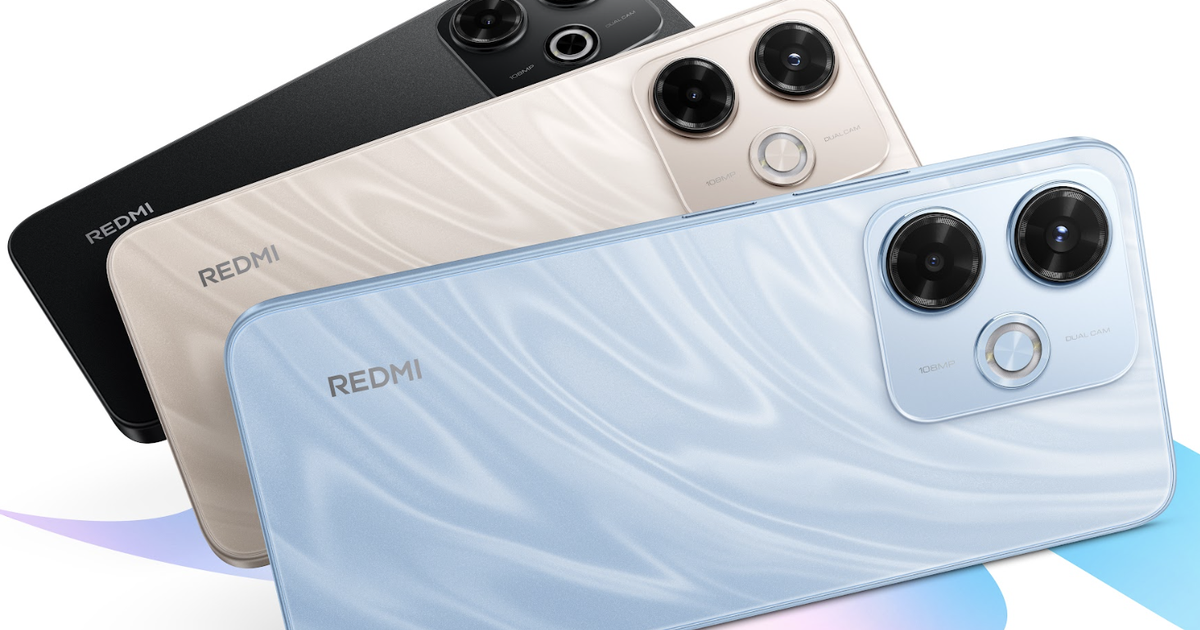

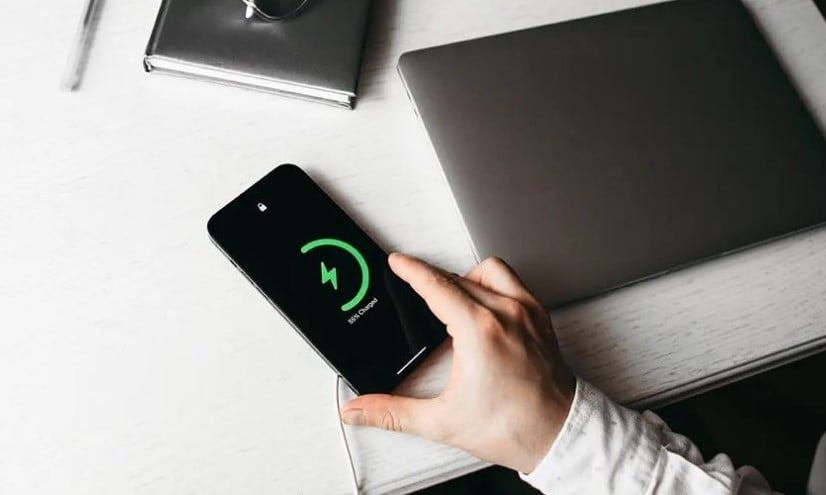

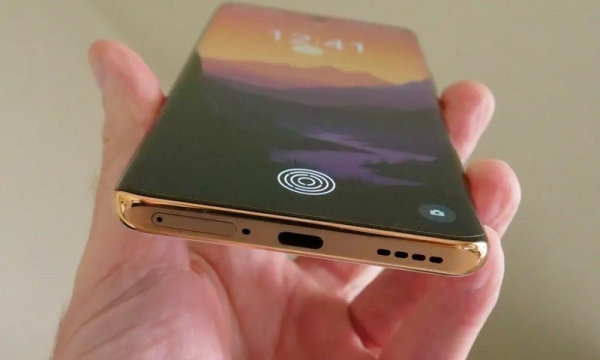

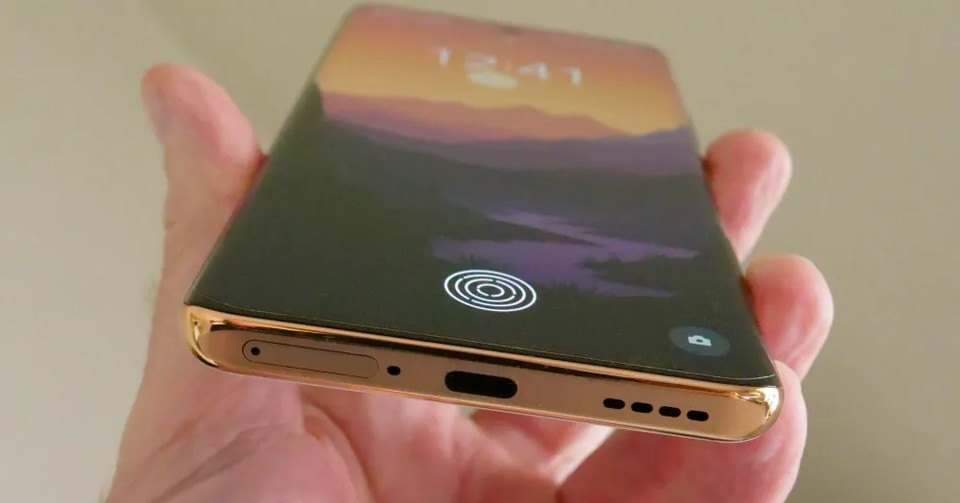

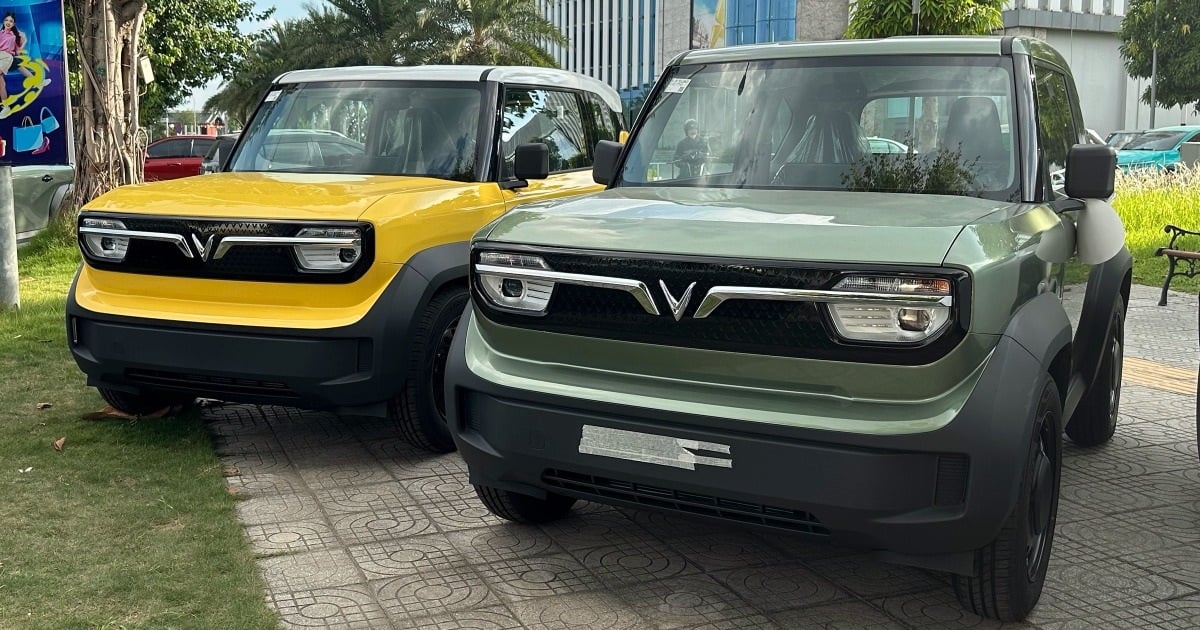

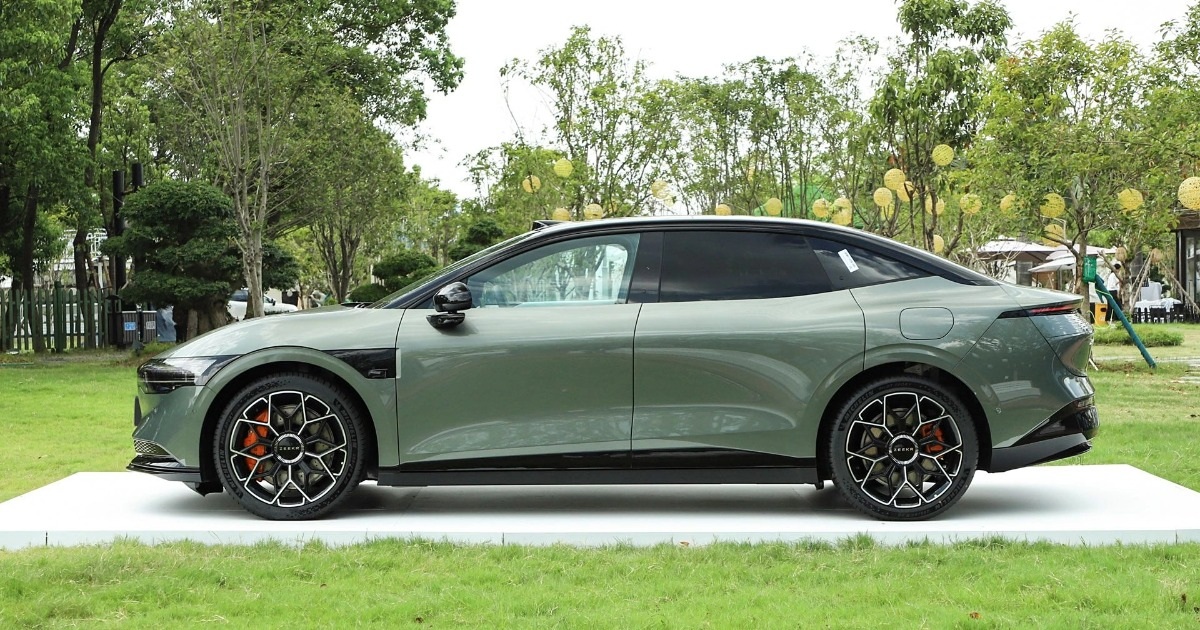
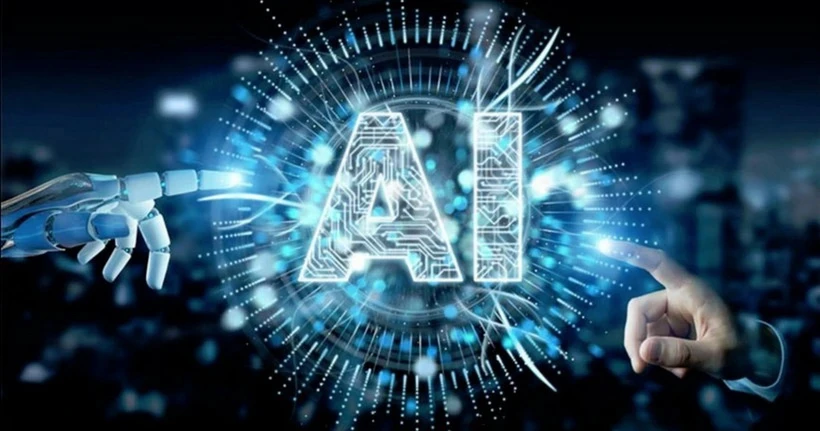
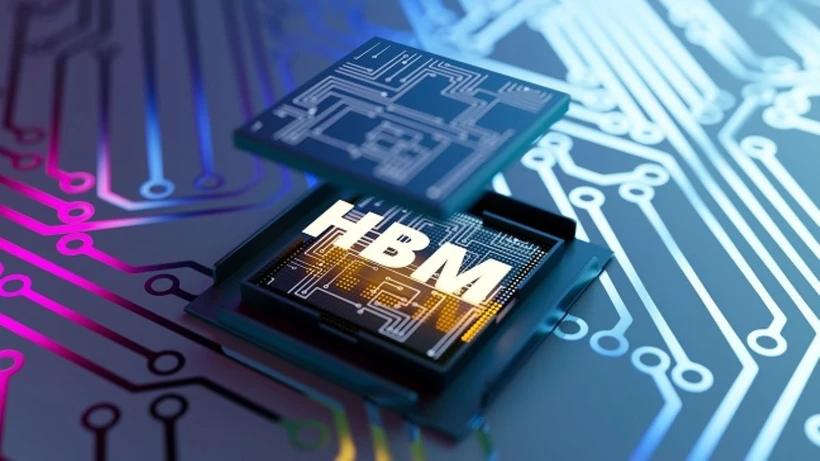
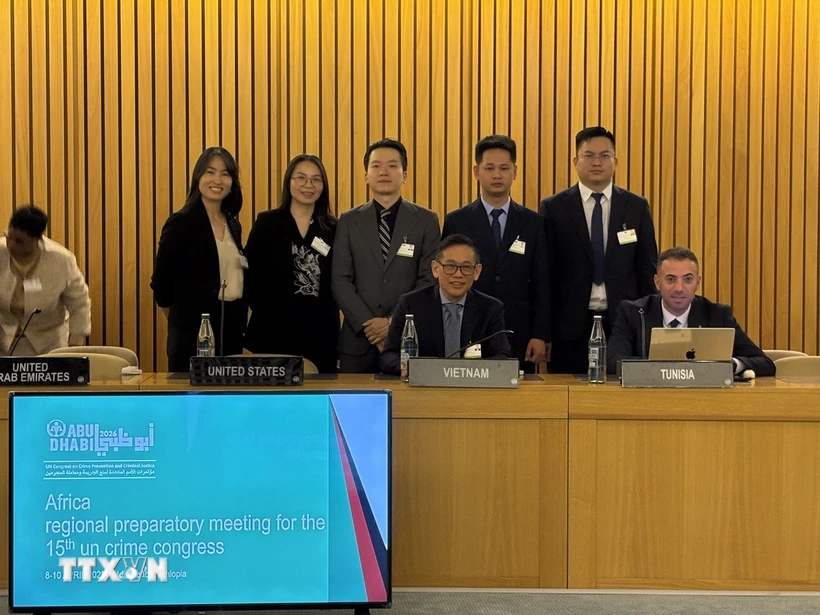
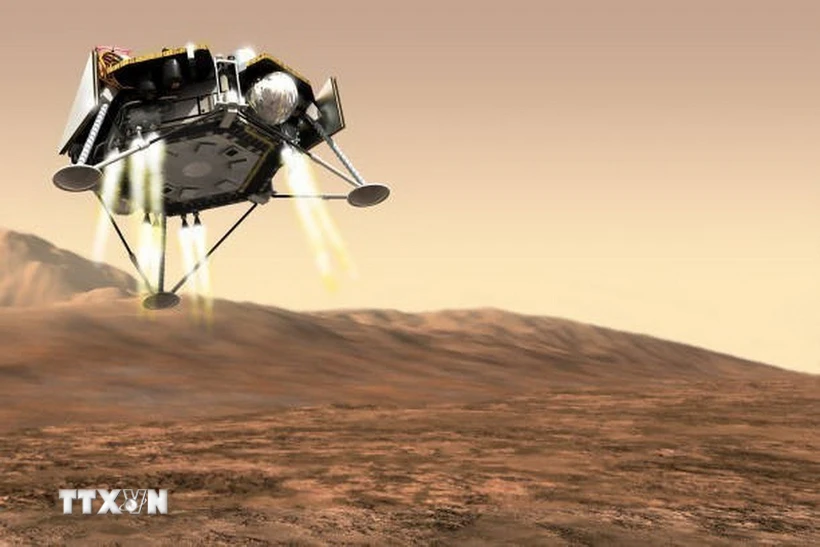
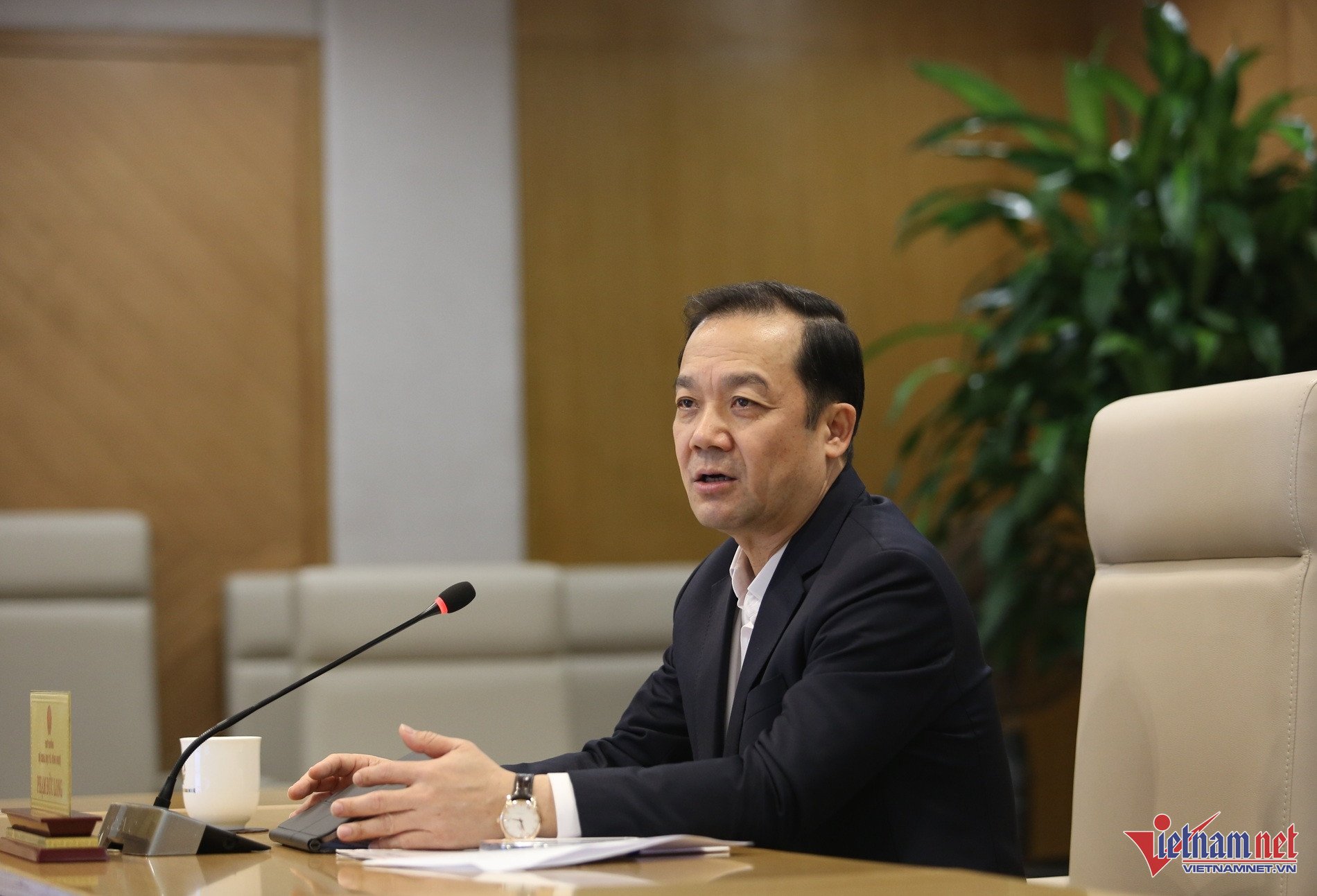
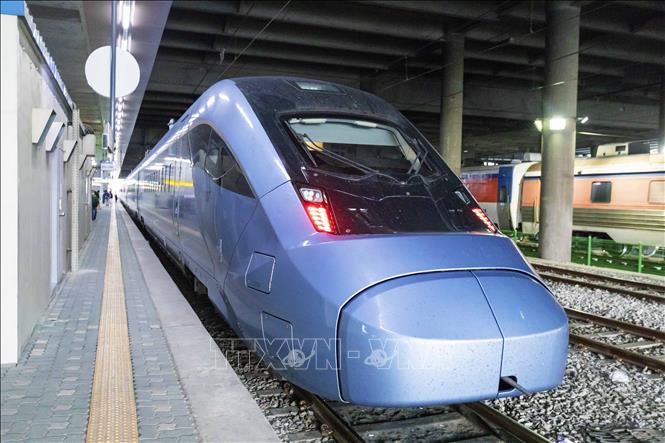




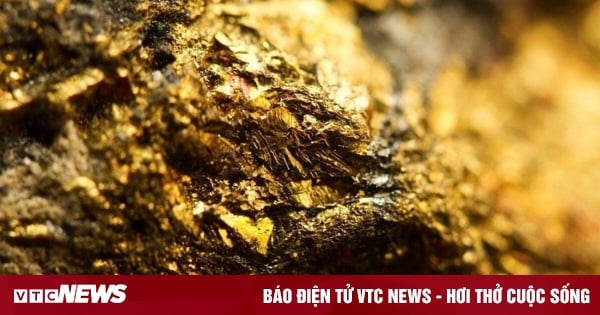




![[Photo] Summary of parade practice in preparation for the April 30th celebration](https://vstatic.vietnam.vn/vietnam/resource/IMAGE/2025/4/11/78cfee0f2cc045b387ff1a4362b5950f)











































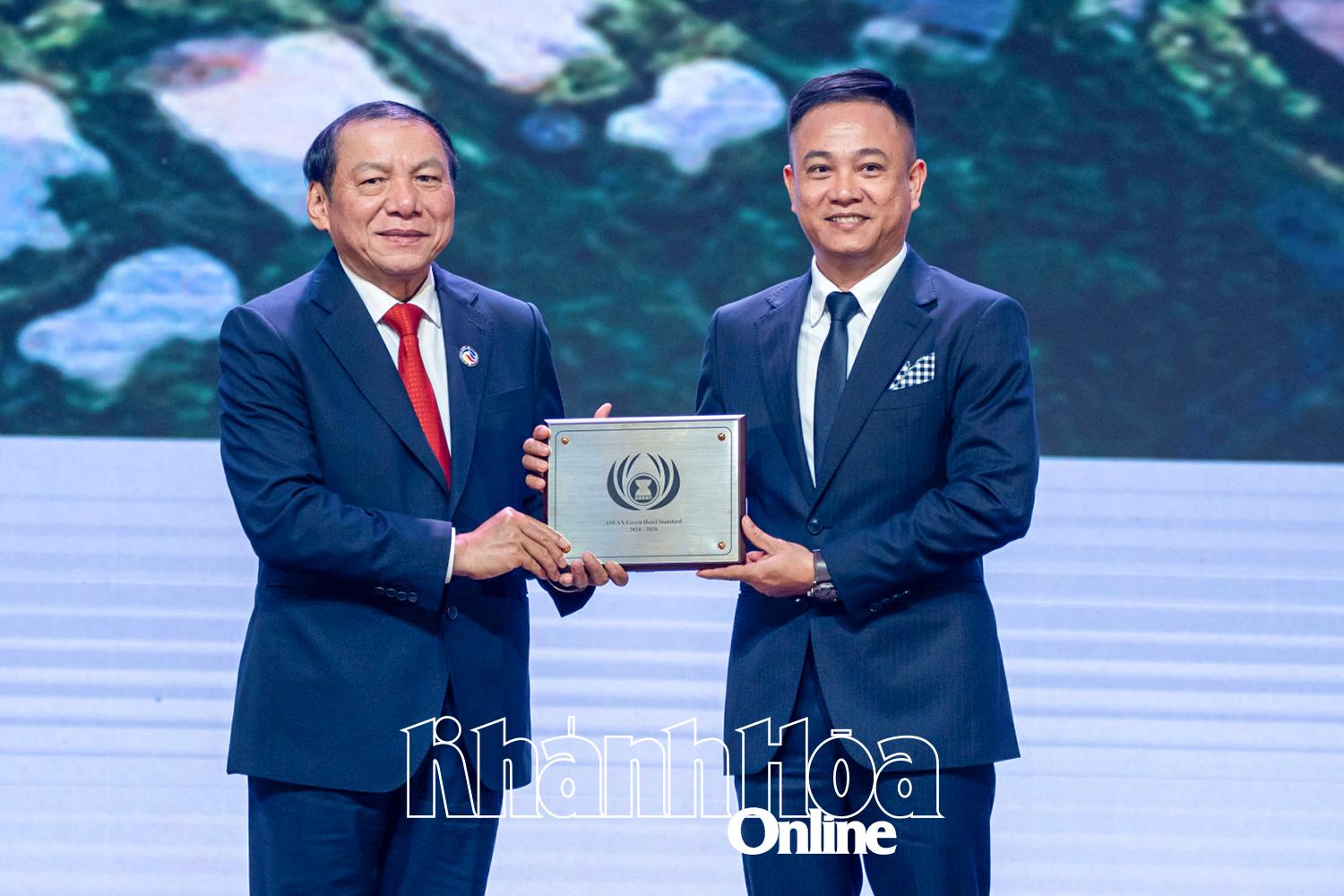

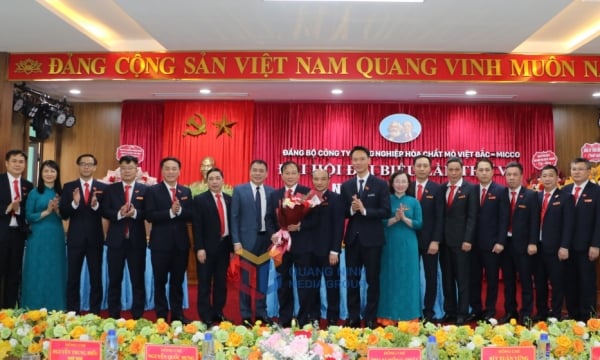
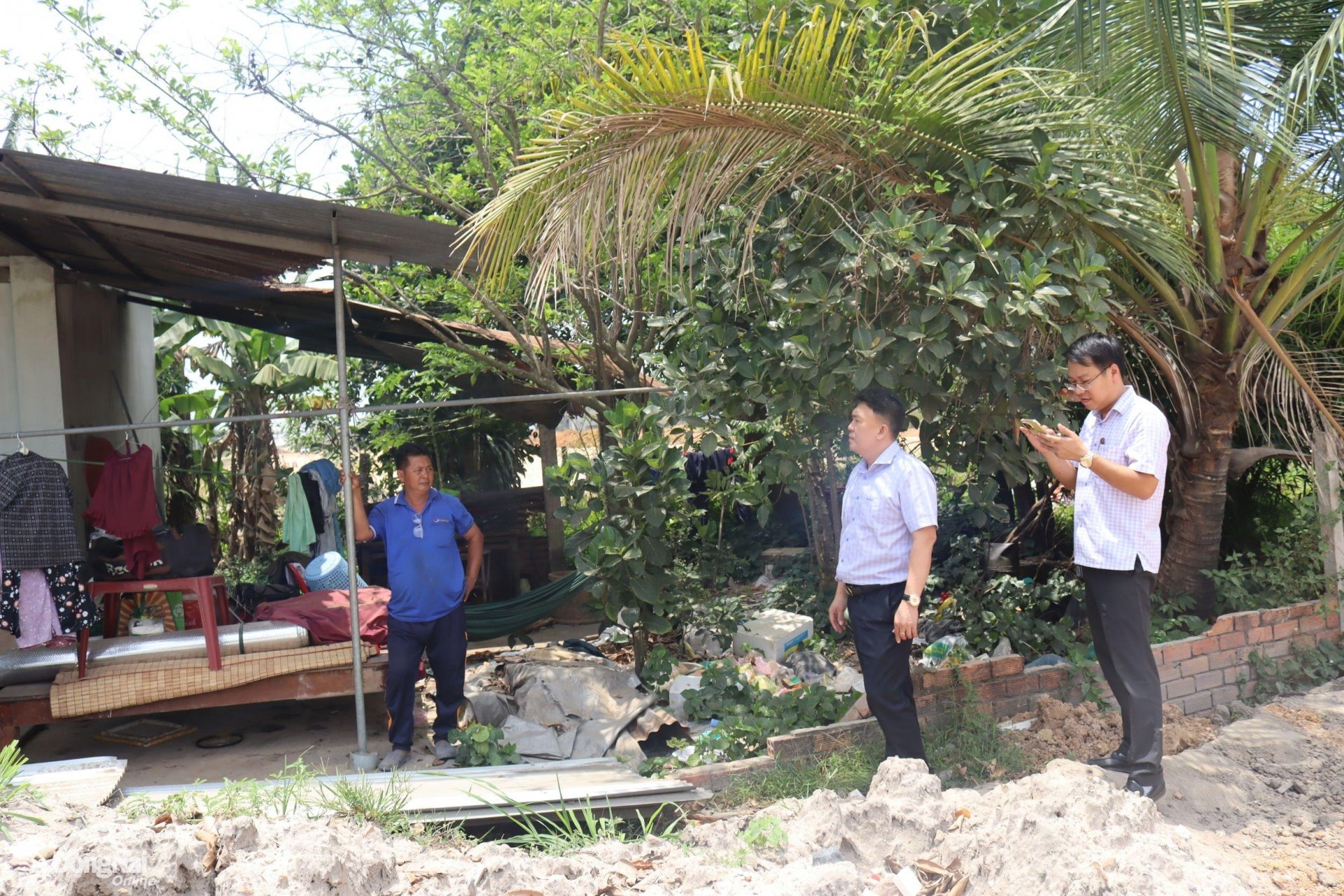













Comment (0)